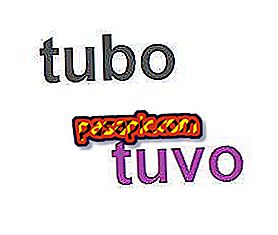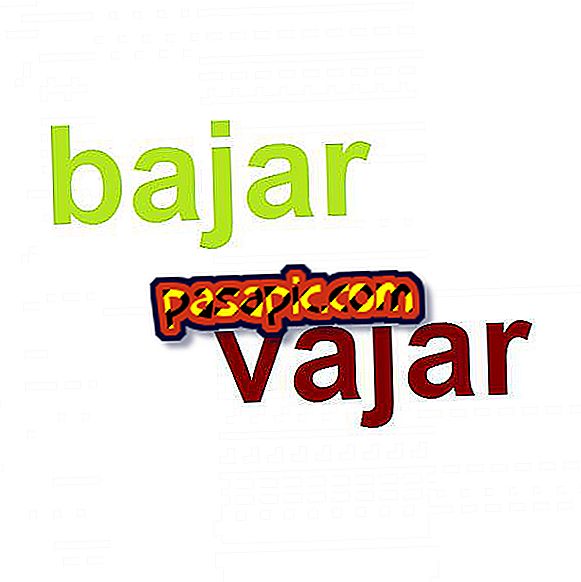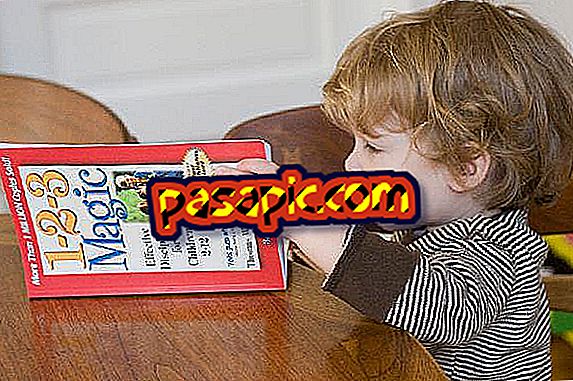How to care for canaries

Canaries are small birds and although they can be of various colors, the one we know more is yellow. These are domestic animals that are not social, so outside the breeding season should be in separate cages because during this period can become aggressive.
Canarian offspring are born accompanied by their mother when they hatch from the egg. Below we will detail your growth and what advice we should follow to care for our canarian offspring.
You will need to:- Two cages, one normal and the other breeding.
- Various containers for: Food, water and bathrooms.
- Specialized nutrition how bee pollen provides them with many vitamins
one
The baby canaries are born with feathers on the head and on the back. While they are newborns, the female is responsible for giving them warmth and serving them while the male has the duty to feed the female during the time it remains with the young.
two
During the first 2 to 3 days, the offspring still have in their bodies remains of the food that was inside the yolk, the veil that covers the fetus inside the egg with food to grow. That is why they may not need anything to eat.
3
During the growing season it is necessary to keep the parents fed with seeds, fruits, vegetables or farmed pasta; since they are responsible for feeding the chicks.
4
After the first 10 days the feathers will start to come out. By 3 weeks of age, the young begin to leave the nest even though they are not self-sufficient. In this period they will practice their first jumps and they will start in their flight practices.
5
Once we detect that the pups are already eating alone (about a month and a half), we will transfer the canary pups to a larger cage to exercise their wings. During this period your diet will change, starting to eat what your parents eat. They may not know how to eat seeds yet.
6
Special attention must be paid when accessing the interior of the cage to clean and replace the food or drink. Canarian pups are scary and it is possible that they get hurt if during an intervention in the cage they start to flutter uncontrollably.
7
We advise that if you have any questions go to a specialist or veterinarian to analyze the situation in particular.
- 15 days after birth, chicks can leave the nest alone
- If you want to rinse the young you must do it within 7 days of birth.
- Within a month of birth, they are able to eat alone


